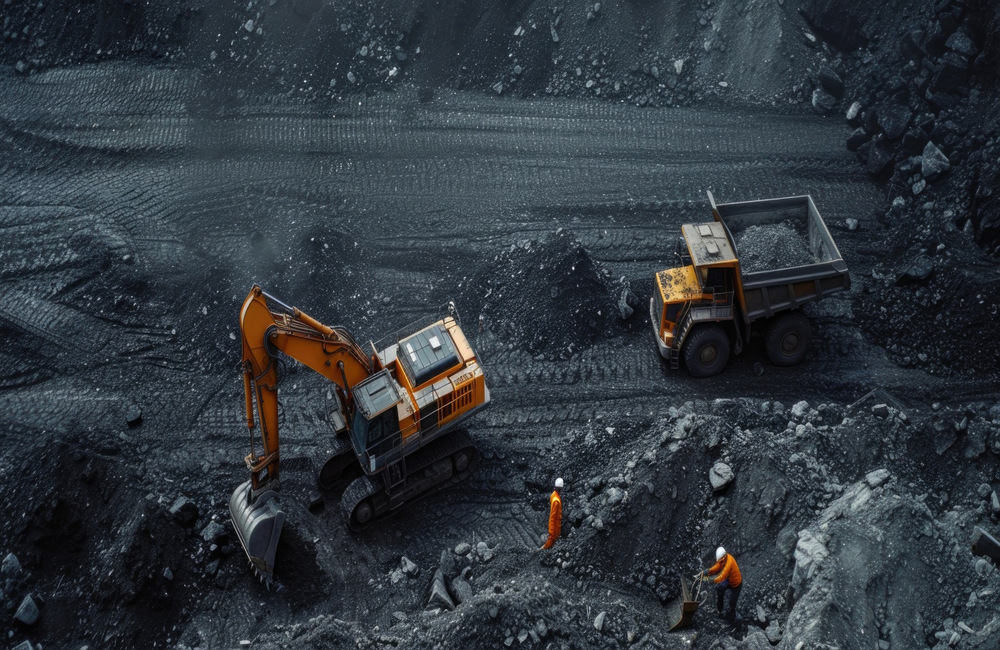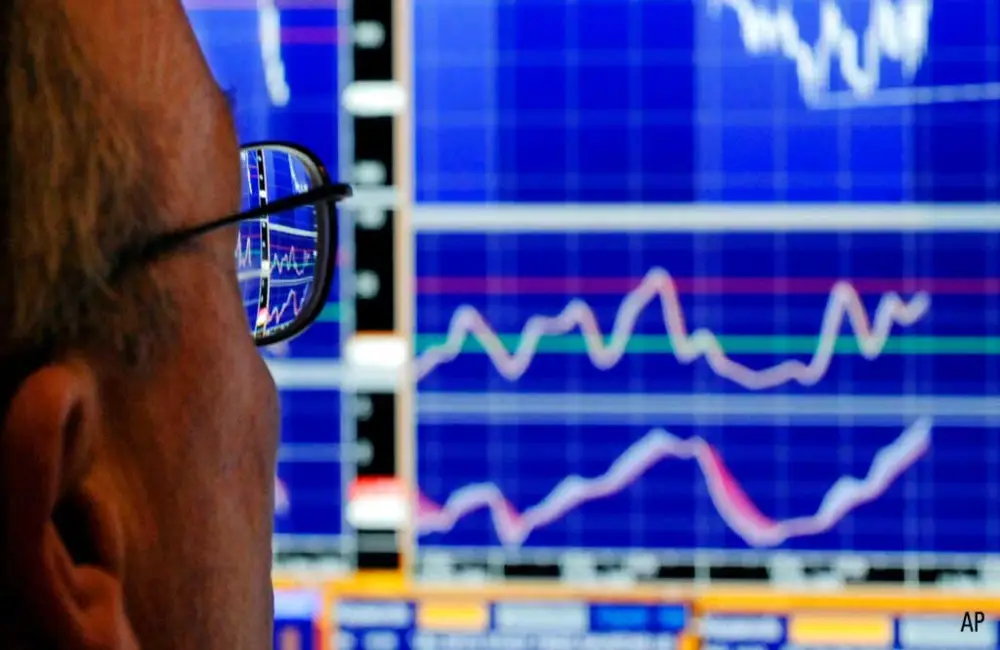Predictions of the “death of coal” seem to have been very much exaggerated. Newcastle coal futures soared 40% on Wednesday as buyers moved to find alternatives to Russian coal. Russia is the world’s third biggest producer. Prices, despite easing on Thursday, have more than doubled this year. Local producer Whitehaven Coal is enjoying the boom with the share price up 41% year to date.
BP considers costly departure from Russia
BP, Shell and Exxon Mobil, the global energy titans, this week declared their intention to sever ties with Russia’s oil and gas business. The devil is in the details. Potential buyers for their stake in Russian energy projects will be few and far between, while those willing to do so may find it difficult to complete transactions, according to Bloomberg. The result may be steep discounts, or expensive write offs. This is before BP announces it is taking a write down up to US$25 billion for its 20% stake in Russian energy megalodon Rosneft, a loss more than the entire value of the company we know as Woodside Petroleum. Helge Lund, the chairman of BP, said the oil major could no longer remain involved with the state-owned Rosneft after Russia’s attack on Ukraine.
Fourteen billion bucks for Aussie dividends
BHP declared the biggest mining dividend in history for 2021 as Australian corporates showered record payouts of $87.1 billion, a survey of fund manager Janus Henderson found. Robust showing from banks and miners means Australia paid the fourth largest dividends of any country in the world in 2021, behind the US, the UK and Japan. Globally, miners are enjoying bumper profits, paying out ten times more in 2021 than they did during the commodity price slump of 2015-16.
Traders wager the Fed will bring down the pace of interest-rate hikes (slightly)
The US Federal Reserve opened 2023 putting markets on notice for higher rates. Markets are now betting on a slower pace as uncertainty over how Russia’s war in Ukraine might spill over into the West. The chance US interest rates would be above 2% by March 2023 was 45% last week, data from GME Group showed. Today, it’s down to 33.4%. Bets are hardening on rates sitting between 1.5% to 2% by then.
Fire then floods
The northern NSW and Queensland flood disaster, in which thousands have been forced from their homes and more than 10 people have died; arriving two years after bushfires scorched the East Coast, it has put a spotlight on the role of global warming in weather. Bridget McKenzie, the federal minister for emergency management, admitted on ABC TV yesterday climate change would cause “more intense and irregular events”. It comes weeks after tech billionaire Mike Cannon-Brookes and Canadian asset manager Brookfield bid for AGL Energy with a pledge to close its coal plants by 2030, decades sooner than planned.
House prices to slip
Commonwealth Bank, Australia’s biggest mortgage lender, believes house prices are due for a significant drop in 2023 as interest rates rise. Sydney and Melbourne will be hit hardest, falling 3% this year and another 9% in 2023. Based on the banks’ forecasts, RateCity worked out that by 2023 the median Sydney dwelling would be under $1 million.
Your fees in the super might fall after all
Australian Retirement Trust, a merger between Sunsuper and Qsuper, began trading Monday, as the heat turns up on consolidation in the sector. The new fund will be only slightly smaller than Australia’s biggest, the A$250 billion behemoth AustralianSuper. From 1 July, members will also receive a small reduction in administration fees. This consolidation among its industry fund clients should be a tailwind for Link Administration (ASX:LNK), says equity strategist Gareth James. Dye & Durham agree. The legal and property technology firm will acquire Link, pending court and shareholder approval in the next three months.
Earlier this week, Australia Retirement Trust said it would divest its $130 million in Russian assets, according to the Australian Financial Review. It follows the lead of other Australian super funds such as AustralianSuper, Aware Super and Colonial First State that have promised to divest from Russian assets in light of the invasion of Ukraine.
Stagflation warnings
Editorial’s inboxes lit up this week with analysts pondering a return to the stagflation of the 70s and 80s. Stagflation is a combination of stagnation and inflation. The worry today is how rising raw material costs and continued supply disruptions might keep prices high while choking off growth. The surge in energy prices after Russia invaded Ukraine is being compared to the oil shocks that followed the Yom Kippur War in 1973 and the 1979 revolution in Iran. How can investors respond? This environment is where commodities will shine, according to Amundi.
Energy and resources stocks lifted the ASX this week as the Russian invasion of Ukraine sparked a huge rally in commodities from oil to natural gas to wheat.
The benchmark fell 0.6% on Friday for a 1.6% weekly advance. Energy and materials were up 8.9% and 8.1%, respectively.
Prices for raw materials are surging as traders contend with how Russian President Vladimir Putin’s invasion of Ukraine could unsettle already tight commodity markets struggling after years of underinvestment. Cautious buyers are rejecting Russian oil and gas cargoes as the fighting escalates, and the potential grows that key trade and export pipelines and ports are closed.
“The moves we have seen in energy and commodities have been incredible,” says Aaron Binsted, a portfolio manager at Lazard. “Coal at above US$400, LNG trades at US$50, Brent and WTI above US$100… the combined burden from coal, gas and oil is the highest since the 1980s.”
“People are asking whether supplies will be interrupted. In America, senior politicians are still talking about sanctions for energy. That would bring a huge disruption.”
LNG heavyweights Woodside and Santos are higher by 9.7% and 4.7% respectively. Top-tier iron ore players BHP, Rio Tinto and FMG climbed 6.7% to 9.5%. Whitehaven Coal leapt 22%.
US Federal Reserve Chairman Ben Bernanke did little to dispel hopes the bank would raise rates in March by saying it was unlikely to delay moves aimed at tightening monetary policy because of the war, says Binsted. Technology stocks retraced a rally early in the week. The sector dropped 3.6% on Friday to finish the week 0.6% higher.
In company news, Hochtief (as in "You have your dreams, we have ours") engineering and building group has lifted its holding in CIMIC from 78 per cent to above 81 percent through a $1.5 billion bid.
CSL was up less than half a percent to $258.30 after it secured a 74 per cent stake in takeover target Vifor Pharma. It also agreed to remove a clause in its original $16 billion takeover offer that required it to obtain an 80 percent acceptance rate before declaring the offer a success, the biotech giant added. It would still need to be approved by the Swiss government.
Reserve Bank governor Philip Lowe is set to address two conclaves next week and could be handed another chance to comment on how the war in Ukraine could influence inflation.
























